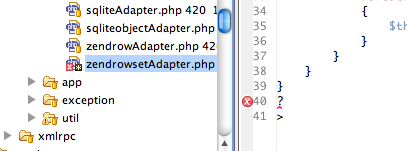Has your facebook LIKE button suddenly disappeared from your website, even though you didn’t make any code changes?
It surely disappeared on my page over night and after a quick look at the javascript error log, I found this error in the http://connect.facebook.net/en_US/all.js script: e.root is undefined
After a bit of googling I found a solution:
just before the div that contains the facebook javascript add another div with the id “fb-root” like so:
<div id=”fb-root”></div>
<div class=”facebook-button” >
<script src=”http://connect.facebook.net/en_US/all.js#xfbml=1″></script>
<fb:like show_faces=”false” width=”200″ font=””></fb:like>
</div>
and … working again !


